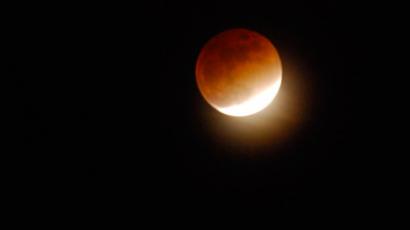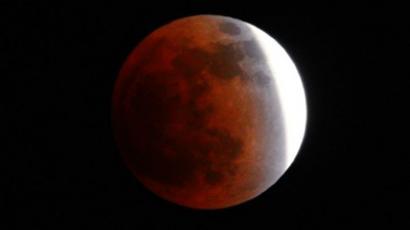Total eclipse over northern Australia brings life to standstill (VIDEO)
A rare total eclipse lasting over two minutes has wowed spectators and astronomers alike in Far North Queensland, while the surrounding wildlife also seemed dazzled by the phenomenon, going completely quiet throughout the spectacle.
Initial reports of possible cloudy weather potentially ruining the show were proven unfounded as the moon, sun and Earth aligned for the second time this year.
The better-than-expected weather gave relieved spectators in the region a chance to catch a glimpse of the celestial phenomenon.
However, only Queenslanders got the opportunity to witness the eclipse from land.
A partial eclipse was also visible from east Indonesia, the eastern half of Australia, New Zealand, Papua New Guinea and southern parts of Chile and Argentina. Totality – the darkness that happens at the peak of the eclipse – lasted just over two minutes in Australia.It sent a normally vibrant, unique and noisy wildlife into a complete silence.Total eclipses can be seen from the same given point on Earth's surface only once every 410 years in the northern hemisphere, but only once every 540 years in the southern hemisphere.The last total eclipse was on July 11, 2010, again over the South Pacific. The next will take place on March 20, 2015, occurring over Iceland, the Faroe Islands and Norway's far northern Svalbard archipelago.Scientists were studying how animals respond to the eclipse, with underwater cameras capturing the effects of sudden darkness on the creatures of the Great Barrier Reef.














